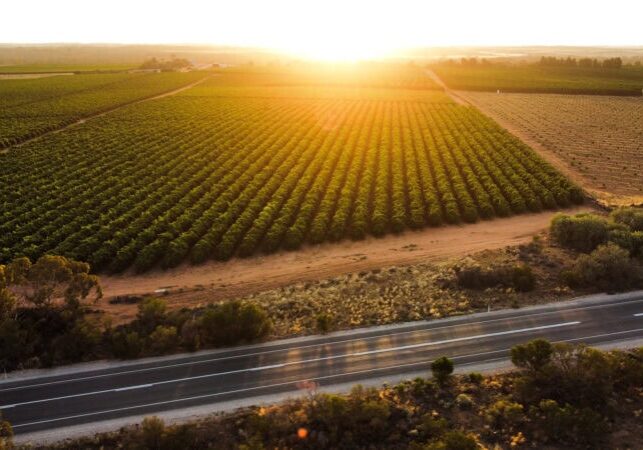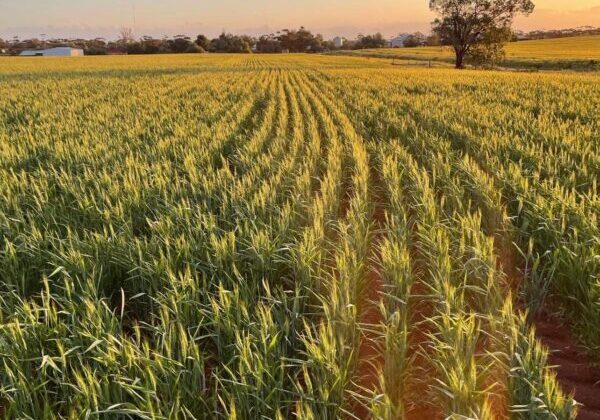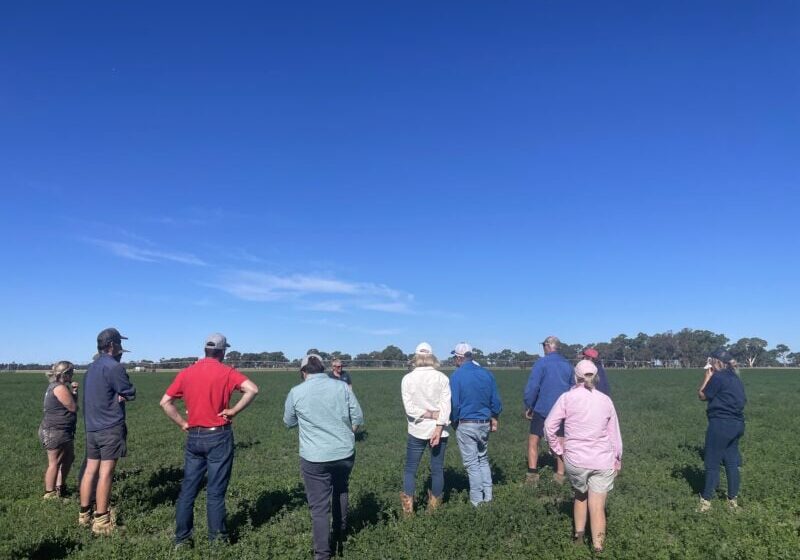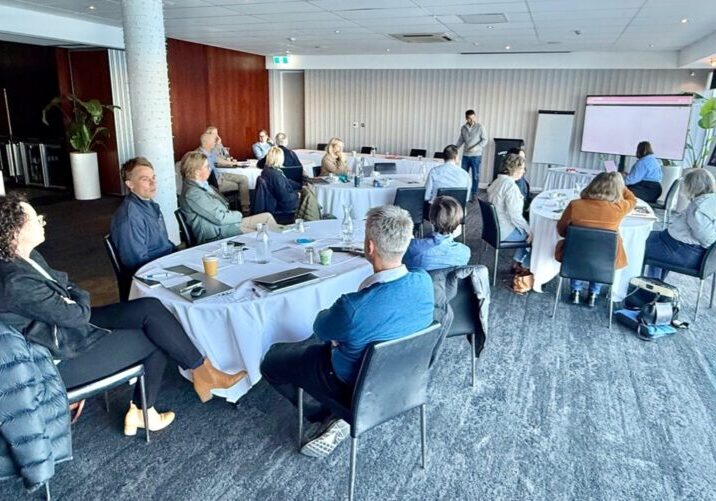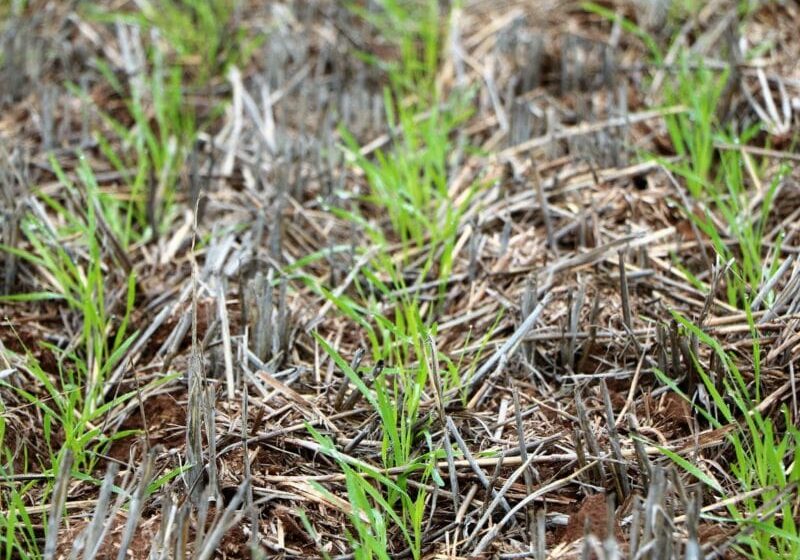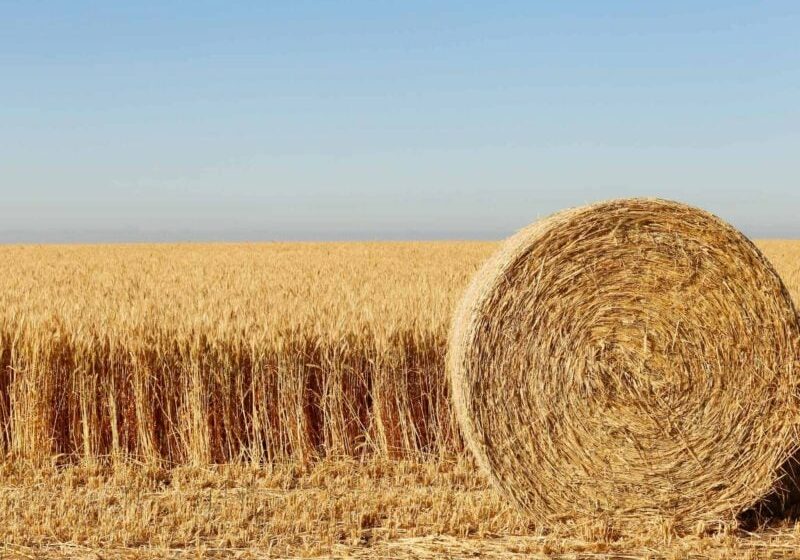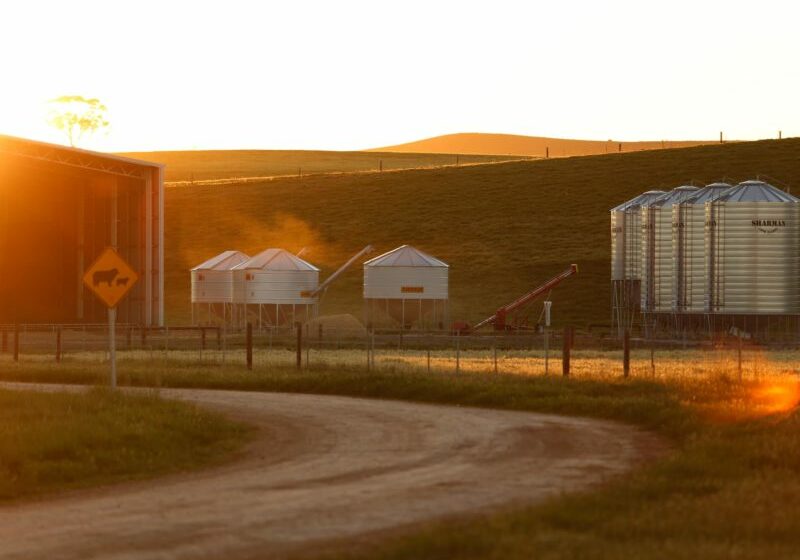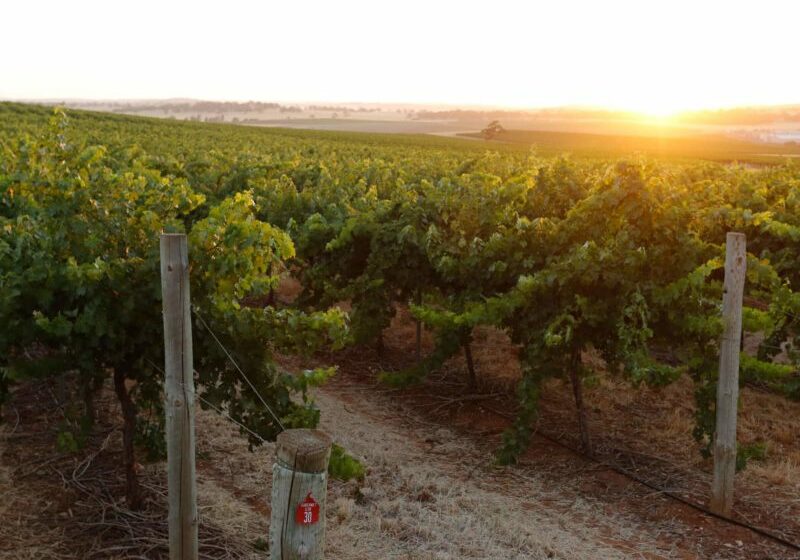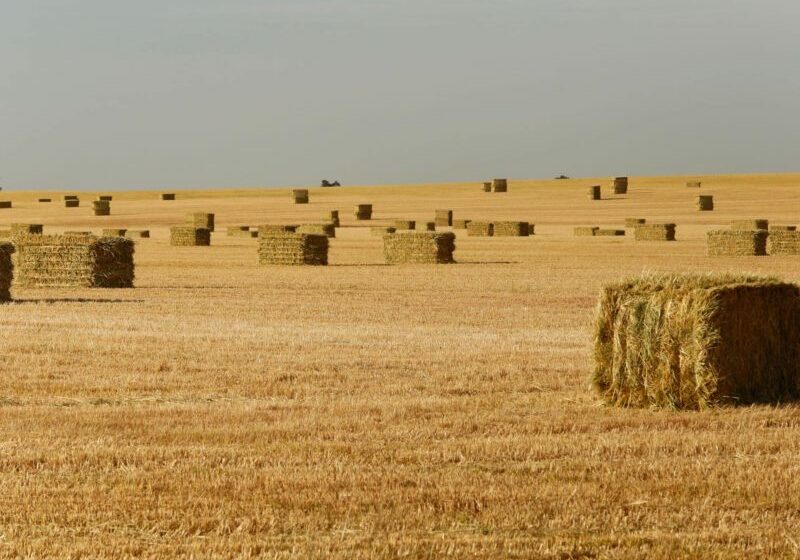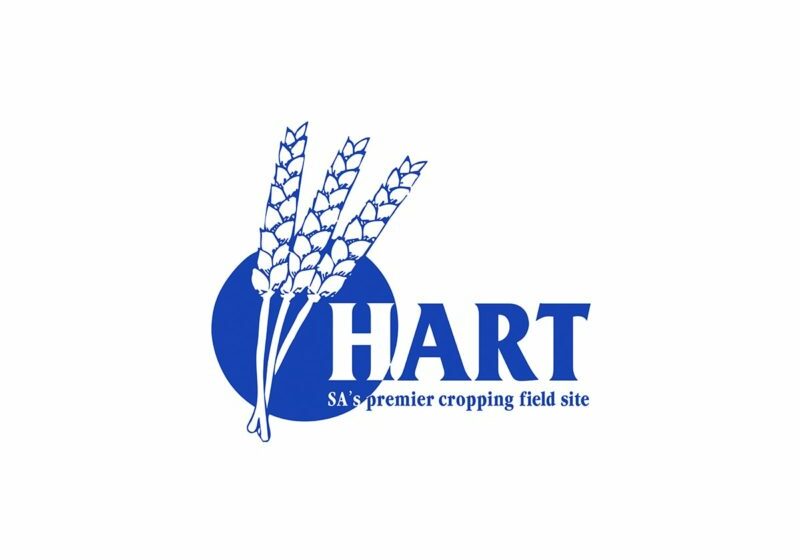Farming Systems Specialist Adoption Officer – South Australian Drought Hub
Rachel May has been appointed by Ag Excellence Alliance in the key role of Farming Systems Specialist – Adoption for the South Australian Drought Resilience Adoption and Innovation Hub.
Ms May commenced the new role on 8 August, attending the premier Ag Excellence Forum and Awards.
The appointment will contribute to the success of the SA Drought Hub – one of eight Hubs established across the nation through the Australian Government’s Future Drought Fund.
Led by the University of Adelaide, the SA Drought Hub comprises the core hub at Roseworthy and five regional nodes at Minnipa on Eyre Peninsula, Port Augusta in the Far North, Orroroo in the Upper North, Loxton in the Riverland and Struan in the South East.
The Hub consists of a comprehensive and dynamic network of 59 industry partners, including grower groups; the three South Australian-based universities; government agencies; indigenous partners; agribusinesses; research, development and extension partners; and various industry organisations.
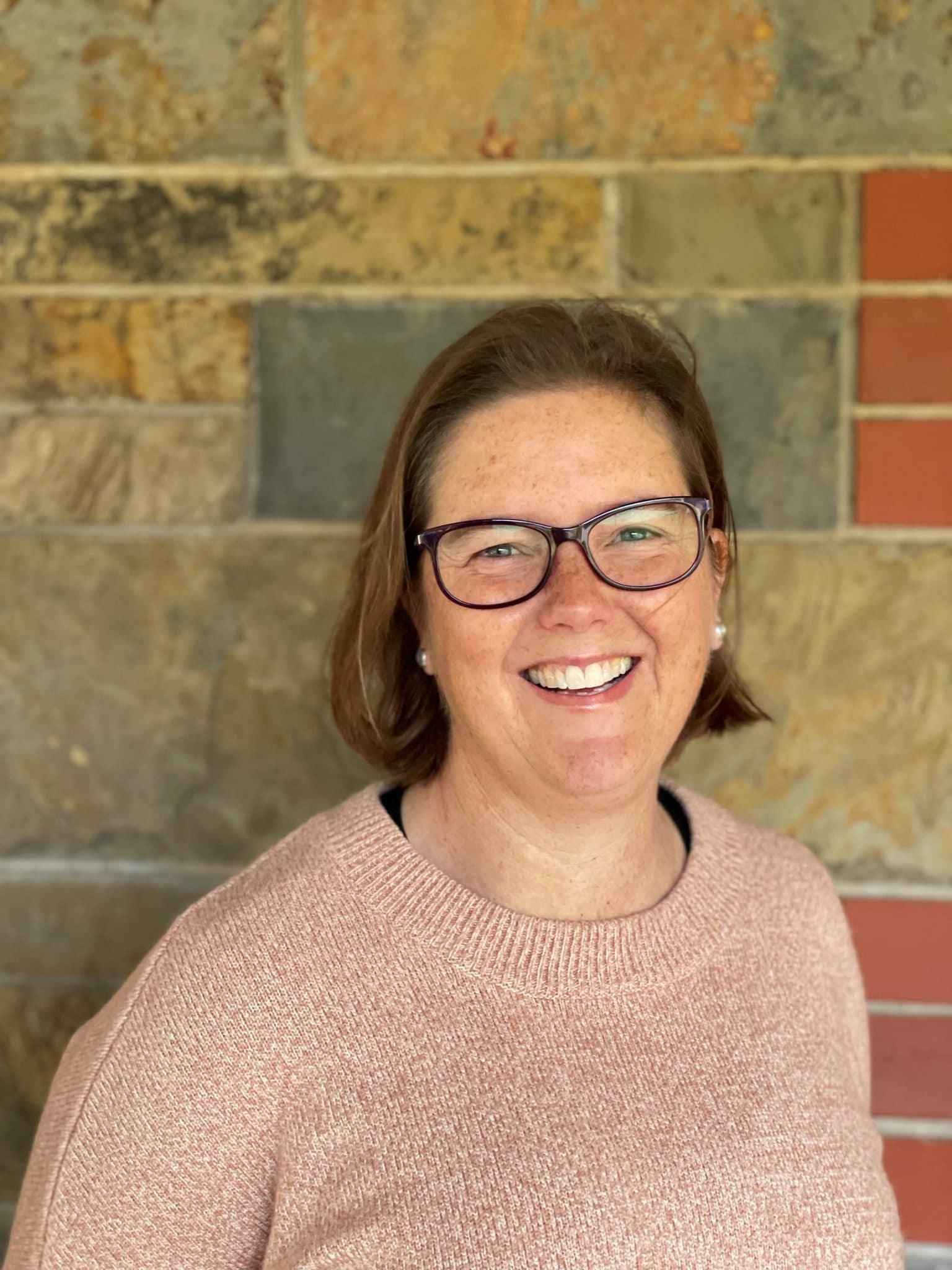
“The Ag Ex Committee has welcomed the endorsement of the University of Adelaide and Primary Industries and Regions SA of the good work already being undertaken by Knowledge Broker Tony Randall, and the significant opportunity it provides to expand the Ag Ex team”, said Leet Wilksch, Ag Ex Chair.
Ms May described her appointment as “an exciting opportunity to engage with growers on the ground, as well as farming systems groups and industry stakeholders to further strengthen the momentum already gained in drought resilience activities.
I am really looking forward to assisting in farmer change to enable farmers to be able to prepare for the changing environment that climate change brings”.
Ms May joins the broader Drought Hub team, working closely with the Hub Knowledge Broker, Regional Node Coordinators, research organisations, reseller organisations and Farming Systems groups. She will be assisting in the development and facilitating of appropriate networks among research providers and industry with the goal of supporting the growth of regionally coordinated approaches to extension and adoption.
-
Funded by the Australian Government’s Future Drought Fund
-
Date: Until June 2024
-
Project Lead: Rachel May
-
Budget: $340,000
About the Hub
The Drought Hub is one of eight Hubs established across the nation through the Australian Government’s Future Drought Fund.
Led by the University of Adelaide, the SA Drought Hub comprises the core Hub at Roseworthy in the Mid North and five regional Nodes at Minnipa on Eyre Peninsula, Port Augusta in the Far North, Orroroo in the Upper North, Loxton in the Riverland, and Struan in the South-East.
A Stakeholder Advisory Group comprising regional partner organisations and industry leaders is attached to each Node.
The Hub has an Advisory Board to advise the Director on strategic directions and meeting the needs of local agricultural industries. The Advisory Board has an independent chair and includes representation from the Department of Primary Industries and Regions (PIRSA), the University of Adelaide, Ag Excellence Alliance, key agriculture commodity representative groups, Local Government Association, Landscape SA and appropriate State Government Agencies.
The University of Adelaide’s Roseworthy campus houses the Hub headquarters, interacting with the University’s Waite and North Terrace campuses. The Roseworthy site is a central meeting point between Nodes and where both the Director and Knowledge Broker are based.
Nodes are located at Minnipa, Port Augusta, Orroroo, Loxton and Struan. The location of the Nodes ensures state-wide coverage of all pastoral, low, medium and high rainfall agricultural production zones.
The Nodes are a shopfront where farmers and community members can connect with drought resilience expertise.
The Nodes are an important part of the extension and adoption strategy of the SA Hub to achieve its vision of increasing adoption of drought preparedness tools, strategies and practices by primary producers.
Node Coordinators are based at each of the Nodes to enable them to be on the ground, working directly with our partners and primary producers to deliver project activities. Our Node Coordinators will be living in the communities, enabling them to have a greater understanding of the evolving needs of local partners and primary producers.

